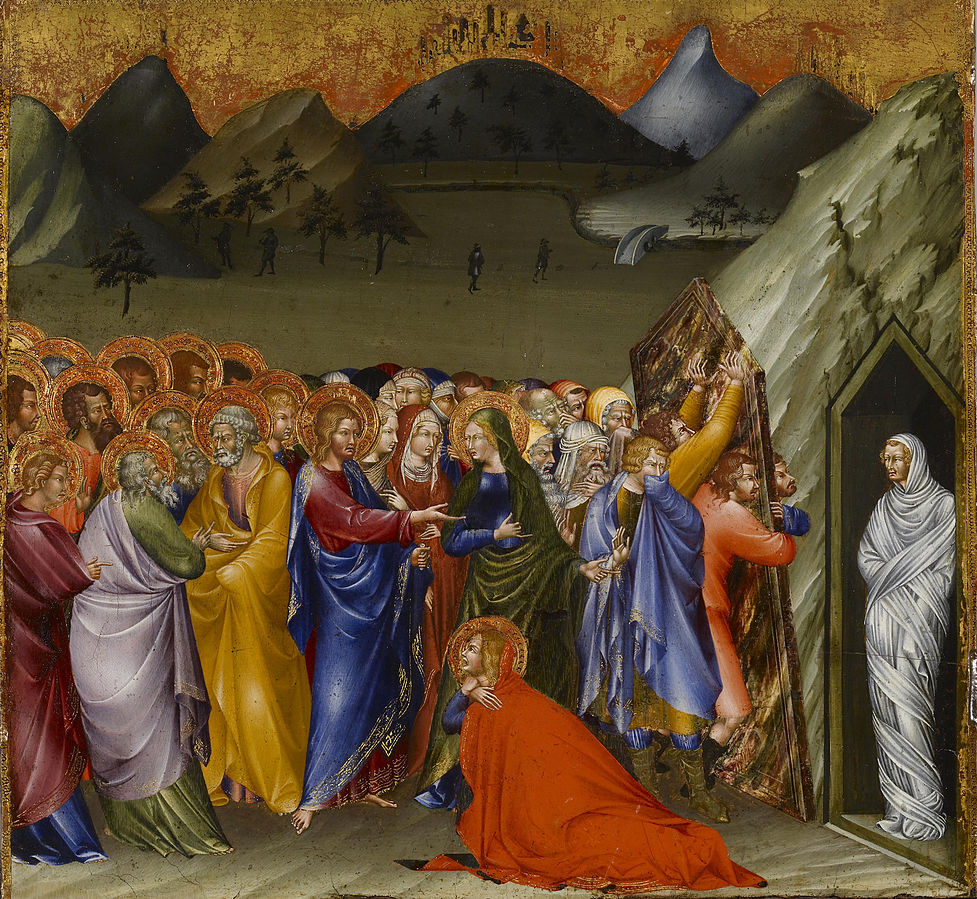
Part 1: Facing a Giant | Part 2: No Panic | Part 3: Power
God’s second gift to the intimidated is perhaps a surprise. If I’m facing a situation that might provoke cowardice, then it makes sense for God to give me power. I can put that to use right away.
But love? Seriously? What’s love got to do with it?
It may help if we begin by defining our terms.
We’ve all heard that there are 4 Greek words for love. C. S. Lewis even wrote a book about them. They’re usually presented this way:
- Eros is physical, sexual love.
- Storge is the love of people who are like you.
- Philia is natural, brotherly love.
- Agape is divine love.
As usual, it’s not necessarily like this. For starters, Greek, like English, has multiple words for love, but the exact number depends on your presuppositions about what qualifies as love. Some people suggest 4; some suggest 6; some suggest 7; and a diligent use of a thesaurus, or a resource like Louw and Nida’s Greek-English Lexicon of the New Testament Based on Semantic Domains, might yield any number of justifiable synonyms.
Further, in no language, including Greek, do words work like this—neatly classifiable into clearly distinct categories. Sometimes synonyms are just, well, synonyms that can be used pretty much interchangeably. In this case, for example, God is not restricted to agape love; Jesus said that the Father has philia for the Son (Jn 5.20).
Perhaps you’ve heard it said that philia is a natural affection, while agape is an act of the will. As evidence, it’s noted that agapao appears in the imperative, implying that it’s something we can choose to do. Trouble is, phileo appears in the imperative too, 29 times in the New Testament, in the Gospels, the Epistles, and Revelation.
We really need to pay attention to context and not be mechanistic about assigning nuances. Because we’re in the image of God, we’re creative, and we use our words creatively; they are not confined to a single meaning. Nobody uses language like that; I don’t, and neither do you.
So.
The word here in 2 Timothy 1.7 is agape. But because it appears in a list, without much in the way of context—other than that it’s something God gifts to us in situations where one might expect cowardice—we’re not going to be able to make any hard distinctions about why Paul used this word for love and not one of the other ones.
Our time would be spent more profitably meditating on the core question I asked at the beginning of this essay—why does God give us love when we’re intimidated? What’s the point?
And is this God’s love for us, or our love for him, or our love for others?
Here I think the context helps us. There are two other items in the list, and we can expect them to be used in parallel. Power is something given to us to exercise in the intimidating situation. By the grace of God, it resides in us. Similarly, a sound mind—we haven’t talked about that yet—also resides in the person to help him address the situation.
So I’d suggest that this is love that resides in us, that we exercise to respond to the intimidation. Yes, it comes to us from God, as do the other two items, but at the point of application it’s something that we exercise.
Love for whom? Do we succeed in intimidating circumstances because we love God, or because we love others?
I’d suggest that it’s our love for others that makes us effective in intimidating circumstances, in two ways:
- We’re not cowed into silence by our desire to be thought well of; John Stott writes, “Since he is the Spirit of love we must use God’s authority and power in serving others, not in self-assertion or vainglory.”
- We’re empowered to overcome the hostility we face by showing grace and mercy in return. “This love is not so much a love that produces ministry as a love that conquers contempt and opposition by forgiveness and refusal to seek revenge” (NAC).
God has given you the ability to place the needs of others ahead of your own, thereby reducing the power of their opposition and the personal stake you have in “winning.” Love is a liberating thing, freeing you from fear and freeing you to go for victory.
Photo by Astrid Schaffner on Unsplash




